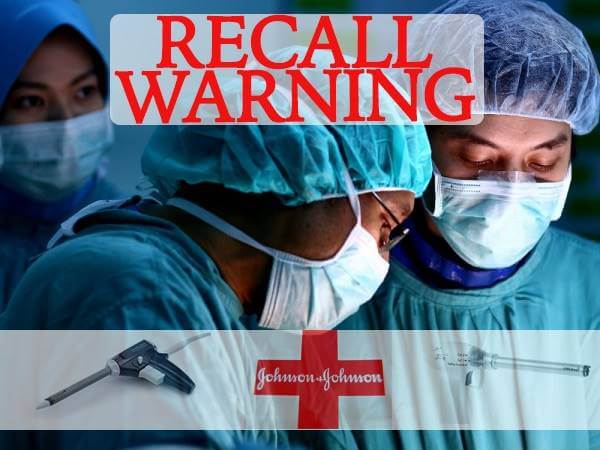Woman’s Leiomyosarcoma Death Highlights Power Morcellation Cancer Risk
Women who undergo uterine fibroid removal surgery with power morcellation may be at risk for a spread of cancer cells that could result in death.
A New York woman recently died after an aggressive form of cancer called leiomyosarcoma spread throughout her body during a hysterectomy procedure in which a power morcellator was used, highlighting the potentially deadly cancer risks associated with power morcellation for uterine fibroid removal. Brenda Leuzzi and her husband, George, filed a product liability lawsuit against Ethicon earlier this year, alleging that the use of the company’s Gynecare Morcellex power morcellator device caused the spread of leiomyosarcoma cancer throughout her peritoneal cavity, which rapidly upstaged her cancer. If you or a loved one has been diagnosed with cancer after undergoing surgery with a power morcellator, contact a knowledgeable power morcellation cancer lawyer today for legal help.
Spread of Cancer Linked to Power Morcellators
Power morcellators are surgical devices commonly used during hysterectomies and uterine fibroid removal procedures, allowing surgeons to cut up the fibroids and remove the tissue through a small incision in the uterus. The medical devices are designed to allow for a minimally-invasive procedure, thereby reducing recovery time and the risk of complications, compared to traditional hysterectomy procedures. However, in recent years, serious concerns have been raised about the safety of power morcellators, and studies have indicated that power morcellation may cause the rapid spreading of undiagnosed leiomyosarcoma or other cancerous cells that women may have contained within their uterus.
Morcellation Puts Patients at Unreasonable Risk
According to Leuzzi’s complaint, she had no cancer diagnosis prior to undergoing a robotic hysterectomy for uterine fibroid removal in September 2012, during which the Gynecare Morcellex power morcellator was used. In a “Suggestion of Death” notice filed this week by the family’s attorney, 44-year-old Leuzzi died on October 24, just two years after she underwent the hysterectomy procedure with power morcellation. Most medical experts now agree that power morcellators for hysterectomies or uterine fibroid removal post an unreasonable risk for patients, and recommend that the devices no longer be used for any women, since there is no way to determine prior to surgery which women may have unsuspected sarcoma.
Contact an Experienced Power Morcellation Cancer Lawyer
Leuzzi’s power morcellation lawsuit was filed just a few weeks after the FDA issued a warning in April, indicating that power morcellators should not be used during surgery to remove uterine fibroids, due to the risk of surgeons unintentionally spreading cancer cells and significantly reducing the chance of survival. According to the FDA, one out of every 350 women who undergo uterine fibroid surgery have unsuspected sarcoma, and could be at risk of their cancer being rapidly upstaged if power morcellation is used during surgery. If you underwent uterine fibroid removal surgery with power morcellation, and you have since been diagnosed with cancer, our consumer advocates at the Leading Justice can help put you in touch with an attorney who has experience handling power morcellator cancer claims.

